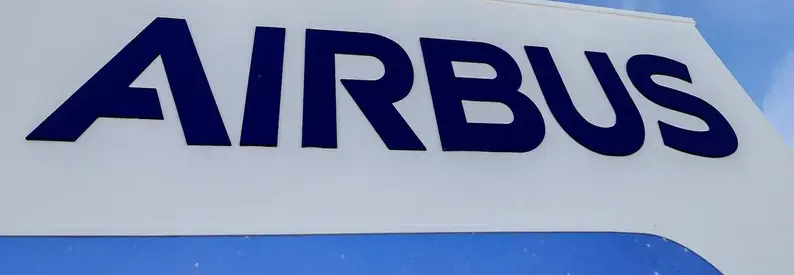Airbus Backs Voluntary SAF Programs to Support India’s Aviation Boom

Airbus is urging India to accelerate the adoption of sustainable aviation fuel (SAF) by introducing voluntary corporate-supported programs that could play a pivotal role in decarbonizing the country’s fast-growing aviation sector. As India prepares to become one of the world’s largest air travel markets, the manufacturer believes that early investment in SAF will be essential to balancing growth with climate commitments.
Julien Manhes, Airbus’ Head of SAF Development, emphasized that India’s aviation expansion—driven by record aircraft orders, surging domestic demand, and massive airport development—makes the country an ideal candidate for large-scale SAF initiatives. However, he noted that SAF production, distribution, and affordability remain major challenges. To overcome these barriers, Airbus is proposing voluntary SAF contribution programs, particularly those funded by corporate partners and business travelers.
Under Airbus’ recommended model, companies could opt into SAF purchasing schemes and have their contributions recognized as part of their corporate social responsibility (CSR) spending. This approach would allow Indian corporations to support national climate goals while helping airlines offset the higher costs of sustainable fuel. According to Manhes, such programs would not only reduce aviation’s carbon footprint but also create local socio-economic benefits by stimulating feedstock collection industries—especially valuable in rural areas that can supply agricultural waste and biomass.
India has the potential to become a major SAF producer thanks to its abundant feedstock resources and growing biofuel ecosystem. Airbus argues that voluntary programs could serve as a bridge until domestic SAF production reaches commercial scale. Early investment would help build supply chains, attract private capital, and accelerate the construction of biorefineries.
Airlines operating in India—including IndiGo, Air India, and Vistara—have already begun testing SAF on select flights, but routine usage remains limited due to cost and availability. With India targeting net-zero emissions by 2070 and airlines facing increasing global pressure to decarbonize, Airbus believes that scalable SAF deployment is critical.
Government support will continue to play a central role, but Airbus’ message is clear: private-sector participation can unlock the momentum needed to build a robust SAF ecosystem. By integrating SAF contributions into CSR budgets, companies can drive sustainability forward while supporting the aviation industry’s unprecedented growth.
As India emerges as a global aviation powerhouse, voluntary SAF programs backed by Airbus may become a key strategy in ensuring the sector expands responsibly—boosting both environmental impact and economic opportunity.
Sources: AirGuide Business airguide.info, bing.com
